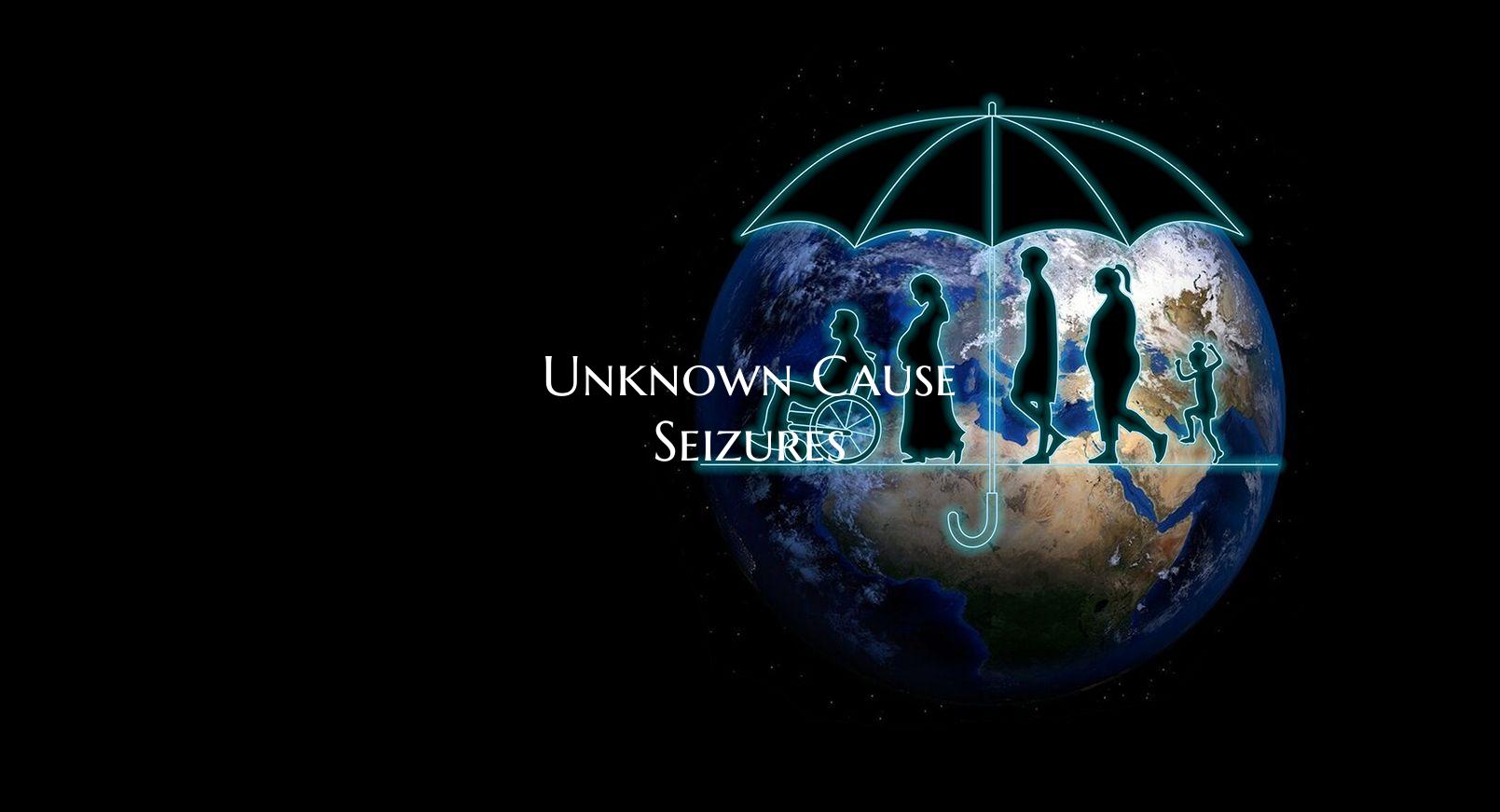
Unknown Cause Seizures
Seizures are sudden, disruptive episodes that can be frightening for both the person experiencing them and those witnessing them. While some seizures have identifiable causes such as epilepsy, others occur without a clear explanation, leading to seizures of unknown cause. These seizures, also known as cryptogenic or idiopathic seizures, present a unique challenge in diagnosis and treatment.
When a seizure occurs without a known cause, it can be perplexing for individuals and healthcare providers alike. Without a clear trigger or underlying condition to attribute the seizure to, determining the best course of action can be complex. However, there are several factors to consider when dealing with seizures of unknown cause.
One important aspect of managing these seizures is conducting a thorough medical evaluation. This may involve taking a detailed medical history, performing neurological examinations, and conducting various tests such as blood work, EEG (electroencephalogram), MRI (magnetic resonance imaging), and other imaging studies. The goal of these assessments is to rule out any potential underlying causes of the seizures and to gather as much information as possible to guide further treatment decisions.
In some cases, seizures of unknown cause may be categorized as epilepsy, a neurological disorder characterized by recurrent seizures. While epilepsy is a common cause of seizures of unknown origin, it is not the only possibility. Other potential factors contributing to seizures without a clear cause include genetic predisposition, brain injuries, infections, metabolic disorders, or structural abnormalities in the brain.
Treatment for seizures of unknown cause typically involves a combination of medication, lifestyle modifications, and monitoring. Antiseizure medications are often prescribed to help control and prevent further episodes. Lifestyle adjustments such as maintaining a regular sleep schedule, avoiding triggers like stress or flashing lights, and practicing stress reduction techniques may also be beneficial in managing seizures.
It is crucial for individuals experiencing seizures of unknown cause to work closely with their healthcare providers to establish a comprehensive management plan. Regular follow-up appointments, monitoring of seizure activity, and open communication about any changes or concerns are essential in ensuring effective care and support.
While seizures of unknown cause can be challenging to deal with, advancements in medical technology and research continue to improve our understanding of these events. By actively engaging in the diagnostic process and exploring appropriate treatment options, individuals with seizures of unknown cause can better manage their condition and enhance their quality of life.